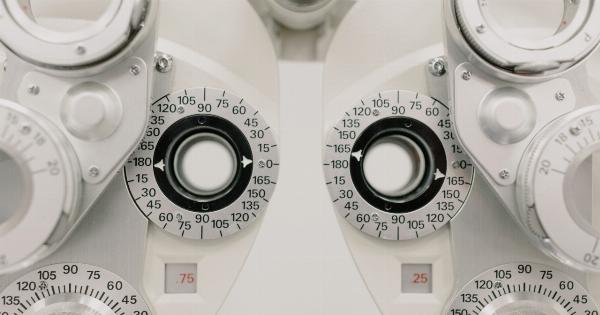According to a recent study, stroke survivors have been found to be at a significantly higher risk of developing dementia compared to those who have not experienced a stroke.
The study, conducted by researchers at the University of Edinburgh in Scotland, sheds light on the long-term effects of stroke and highlights the need for better post-stroke care to reduce the risk of dementia.
The Link Between Stroke and Dementia
Strokes occur when there is a disruption of blood flow to the brain, resulting in damage to brain cells. This damage can lead to various cognitive and physical impairments, depending on the severity and location of the stroke.
The new study reveals that stroke survivors are twice as likely to develop dementia compared to individuals who have not had a stroke.
Understanding the Study
The study analyzed data from over 3.2 million people and identified over 180,000 stroke survivors. Researchers followed the participants for an average of 7 years, monitoring their cognitive health and identifying cases of dementia.
The results showed that stroke survivors were more likely to develop all types of dementia, including Alzheimer’s disease, vascular dementia, and mixed dementia.
Factors Contributing to the Increased Risk
Several factors contribute to the heightened risk of dementia among stroke survivors. The study found that older age, high blood pressure, diabetes, and previous mini-strokes (transient ischemic attacks) further increased the risk.
The presence of these additional risk factors highlights the need for comprehensive post-stroke care that not only focuses on physical recovery but also addresses the long-term cognitive implications.
The Importance of Post-Stroke Care
Post-stroke care plays a crucial role in minimizing the risk of dementia among stroke survivors.
This includes regular monitoring of cognitive function, managing risk factors such as high blood pressure and diabetes, promoting a healthy lifestyle, and offering support and rehabilitation services. By addressing these factors, healthcare professionals can significantly reduce the likelihood of dementia development in stroke survivors.
Prevention Strategies: The Roadmap to Reducing Risk
Efforts to minimize the risk of dementia for stroke survivors should begin with prevention strategies. By working to prevent strokes in the first place, the incidence of stroke-related dementia can be significantly reduced.
This includes raising awareness about the importance of a healthy lifestyle, managing risk factors, promoting regular physical activity, and advocating for improved access to healthcare services.
Rehabilitation and Cognitive Training
For those who have already experienced a stroke, rehabilitation and cognitive training can play a pivotal role in preventing or delaying the onset of dementia.
Physical therapy helps regain strength and mobility, while cognitive training exercises the brain and helps preserve cognitive function. Combined, these approaches can slow down cognitive decline and improve overall well-being for stroke survivors.
Support for Stroke Survivors and their Families
Stroke survivors and their families also require adequate support to navigate the challenges brought on by stroke and the increased risk of dementia.
Support groups, counseling services, and educational resources can provide the necessary knowledge, emotional support, and coping strategies needed to manage the physical, cognitive, and emotional consequences of stroke. Additionally, involving family members in the care process fosters a holistic approach to recovery.
Promising Research and Future Directions
Ongoing research continues to shed light on the relationship between stroke and dementia, as well as potential interventions to reduce the risk.
Researchers are exploring the role of medications, lifestyle modifications, and new therapies targeted specifically at stroke survivors to optimize brain health and minimize the long-term impact of stroke.
Conclusion
The findings of this study emphasize the urgent need for comprehensive post-stroke care that includes regular cognitive monitoring, lifestyle interventions, and support services.
By addressing the increased risk of dementia, healthcare professionals can improve the quality of life for stroke survivors and their families, ensuring a brighter and healthier future.































